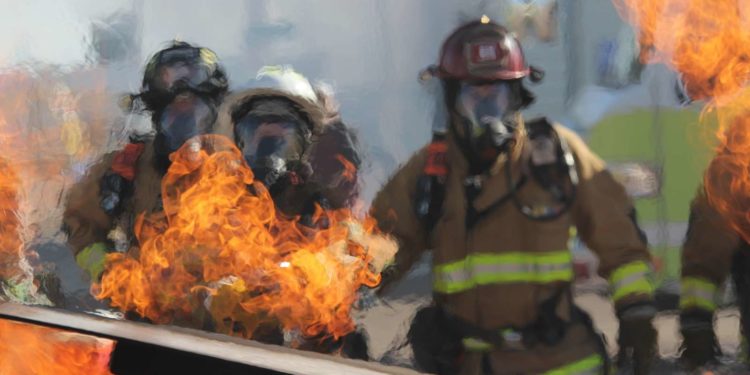Fire safety is a critical aspect of real estate management, encompassing residential, commercial, and industrial properties. With the increasing complexity of building designs and the growing urban population, ensuring fire safety has become more challenging yet essential. Here are some key strategies for enhancing fire safety in real estate properties.
Building Design and Materials: Utilizing fire-resistant materials in construction can significantly reduce the spread of fire. Materials such as concrete, brick, and gypsum board provide better fire resistance compared to wood and other combustible materials. Fire resistant doors, walls, and floors are essential components of this strategy.
Fire Detection and Alarm Systems: Installing smoke detectors in strategic locations throughout the property ensures early detection of fires. These detectors should be interconnected and regularly tested to ensure functionality. An effective fire alarm system is crucial for alerting occupants and emergency services. Modern systems can be integrated with building management systems to provide real-time alerts and automated responses.
Fire Suppression Systems: Automatic sprinkler systems are one of the most effective fire suppression methods. They activate in response to heat, releasing water to control or extinguish fires before they spread. Having easily accessible fire extinguishers throughout the property can also help occupants tackle small fires before they escalate. Regular training on how to use them is also necessary.
Emergency Evacuation Plans: Designating and clearly marking exit routes is essential for safe evacuation. These routes should be free from obstructions and easily accessible from all parts of the building.
Regular Drills: Conducting regular fire drills ensures that occupants are familiar with evacuation procedures. These drills help identify potential issues and improve response times during actual emergencies.
Fire Safety Training and Education: Training staff on fire safety protocols, including the use of fire extinguishers, evacuation procedures, and emergency communication, is vital. This training should be updated regularly. Educating occupants about fire risks and safety measures can significantly enhance overall safety. Providing information on common fire hazards and prevention tips is essential.
Regular Maintenance and Inspections: Regular maintenance of fire safety equipment, such as smoke detectors, alarms, and sprinklers, ensures they function correctly when needed. This includes checking batteries, connections, and overall system integrity.
Fire Safety Inspections: Conducting regular fire safety inspections helps identify potential hazards and ensures compliance with local fire safety regulations. Addressing issues promptly can prevent accidents and improve overall safety.
Enhancing fire safety in real estate properties requires a comprehensive approach that includes building design, detection and suppression systems, emergency planning, training, and maintenance. By implementing these strategies, property managers and owners can significantly reduce the risk of fire incidents, protect occupants, and safeguard their investments. Fire safety is not a one-time effort but a continuous process that demands vigilance, regular updates, and adherence to best practices.














